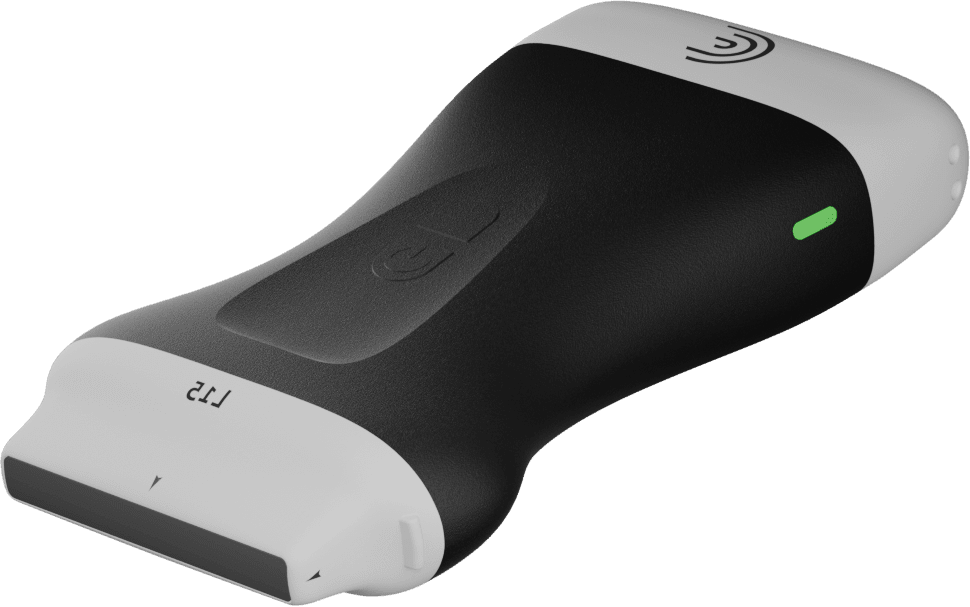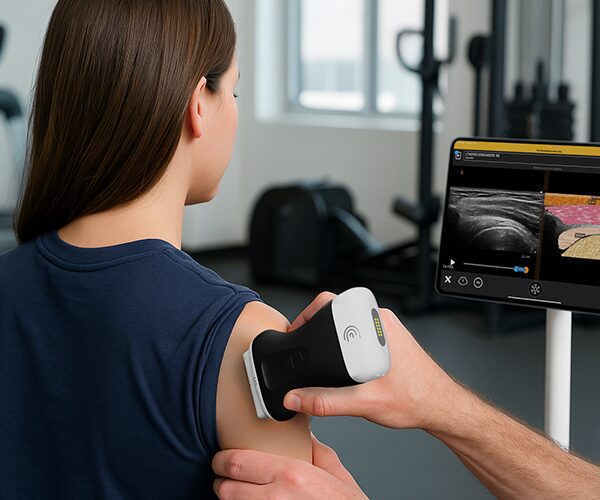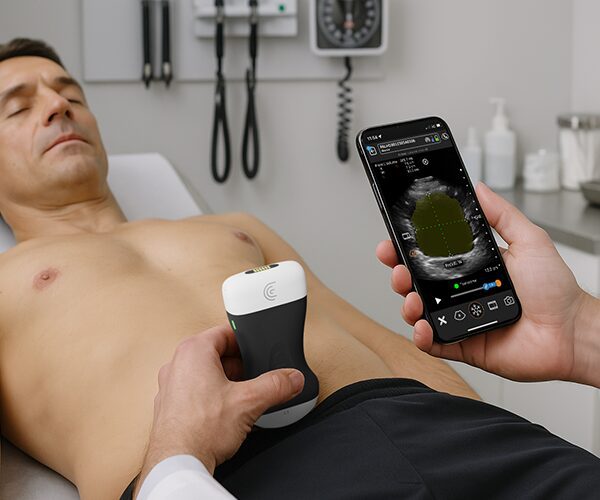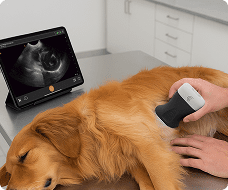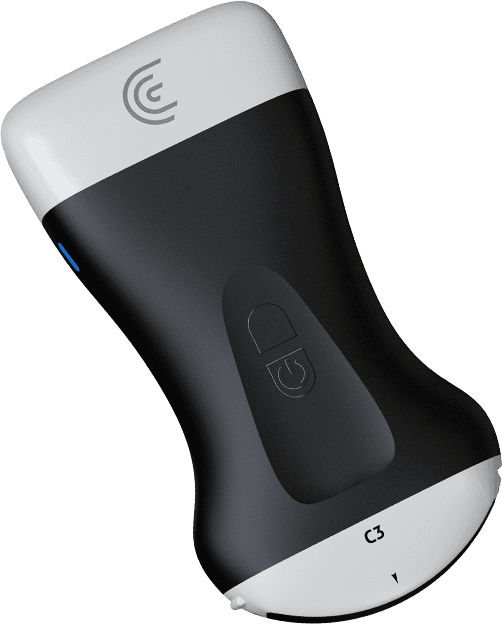In our latest episode of Healthcare Disruptors, I had the pleasure of speaking with Amanda Cherpak, Director of Clinical Medical Physics at Nova Scotia Health Authority. Our conversation covered many topics, from her career journey into medical physics and how mentorship played a huge part to the exciting advancements in AI that are reshaping patient care.
The Role of Mentorship
One of the standout themes from our discussion was the profound impact of mentorship on career development. For Amanda, it’s part of the calling of being in the medical field. “There’s no part of me that ever gets up for a presentation or a lecture where I just want to tell people, I’m so smart and this is so hard, and look at all this great stuff I did, because if people don’t understand what you’re talking about, everyone’s just wasting their time, she explains. “So it was just always a real passion of mine to really be able to explain what we’re doing and to communicate what we’re doing so everybody can benefit from these tools that we have.”
This sentiment underscores the importance of guidance in the healthcare field, where navigating career paths can often feel overwhelming but also where so many varying specialties can be a mystery even to other members of the field. Mentorship not only provides support but also opens doors to opportunities that may not have been previously considered. Amanda’s own journey reflects this, as she credits her mentors for illuminating new possibilities in her career as well as .
Advancements in AI
Amanda emphasizes the transformative power of artificial intelligence in medical imaging, especially as the technology continues to evolve. She says that now it’s a question of what limits we can push, versus one of whether it’s even possible. “Can we increase efficiency? Can we increase accuracy? Can we increase the quality of what we’re doing?”
These questions are at the forefront of innovation in healthcare, as AI has the potential to enhance diagnostic processes and improve patient outcomes significantly. By leveraging AI, healthcare professionals can streamline operations, reduce errors, and ultimately provide better care to patients. Amanda’s insights reveal a future where technology and healthcare work hand in hand to create more effective solutions.
Patient-Centered Care
Throughout our conversation, the importance of keeping the patient at the center of healthcare innovations was also a recurring theme. “It’s really important that we all remember everyone’s point of view,” Amanda says. “So, if there’s some crazy technique that we’re thinking about, and it’s like, yeah, but that’s going to take five times as long, so it can’t be these kind of patients, or we got to think about this, and that patient can’t hold their bladder that long.”
This perspective is crucial as the industry evolves; solutions must prioritize the patient experience while balancing longevity and quality of life. By focusing on patient-centered care, healthcare providers can ensure that technological advancements serve to enhance the overall well-being of individuals, rather than merely extending life at any cost.
Conclusion
My conversation with Amanda Cherpak illuminated the critical role of mentorship, the exciting advancements in AI, and the necessity of patient-centered care in healthcare innovation. As we move forward, these themes will continue to shape the future of the healthcare landscape, ensuring that technology serves the needs of patients and professionals alike.
